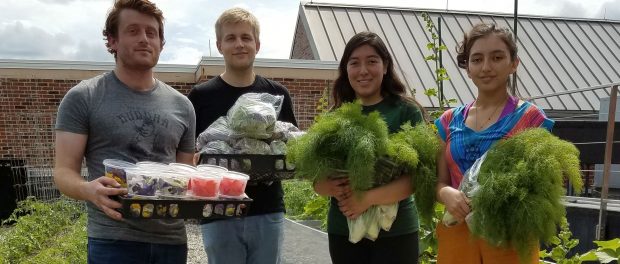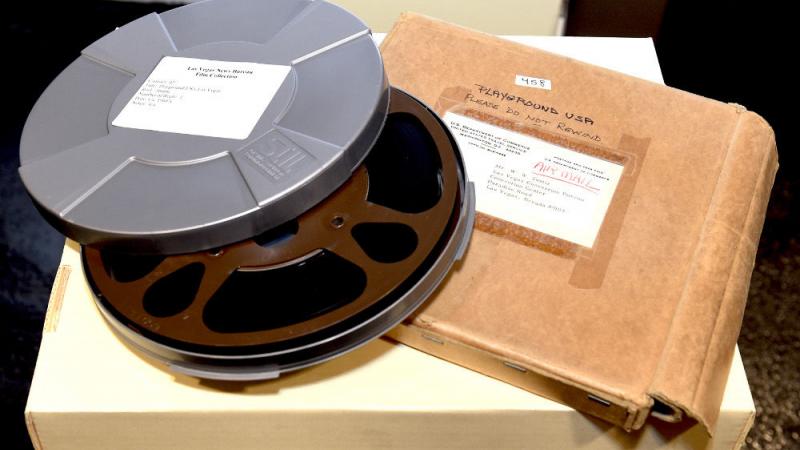Blog
19 May Funding Alert! Basic Center Program Grants for Runaway and Homeless Youth
Department of Health and Human Services – Administration for Children & Families (ACYF) Attention organizations and communities working to end youth homelessness, adolescent pregnancy, and domestic violence! The Department of Health and Human Services (HHS) - Administration on Children, Youth and Families (ACYF) and Family and Youth Services Bureau (FYSB)’s Runaway and Homeless Youth (RHY) Program is accepting applications for the basic center program (BCP), which will provide temporary shelter and counseling services to youth who have left home without the permission of parents or guardians, have been forced to leave home, or homeless youth who might otherwise end up in law enforcement custody or child welfare or juvenile justice systems. This program was created in response to a growing concern for youth in need of long-term, supportive assistance that emergency shelter programs were not equipped to provide.09 May Funding Alert! DOJ STOP School Violence Program Grants
The Department of Justice has announced nearly $126 million to address school violence. The Students, Teachers, Officers Preventing (STOP) School Violence Grant Program is designed to provide the students and teachers with the tools they need to recognize, respond quickly to, and help prevent acts of...










